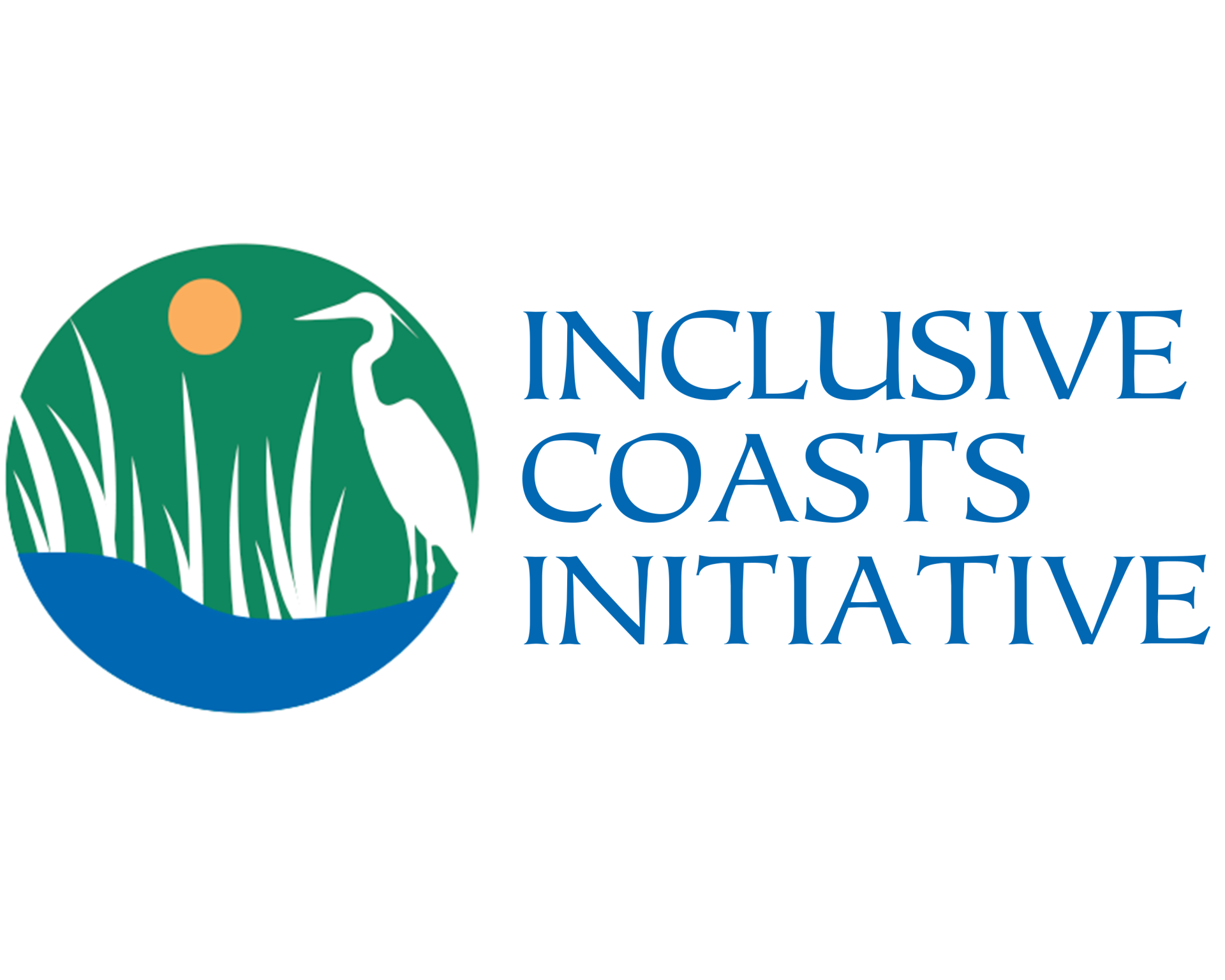
Announcing the Inclusive Coasts Working Group
Over the past year, Restore America’s Estuaries has been building the Inclusive Coasts Initiative to improve diversity, equity, inclusion, and justice (DEIJ) in grantmaking, project design, and implementation in the coastal sector. A critical step in this work was convening a working group that represents a diverse group of coastal grant makers and project implementers. This working group will help guide the overall program design and help the program reflect diverse voices that comprise the coastal community.
Our working group members each have a personal commitment to increasing DEIJ in the coastal field. Read below for their individual reasons for joining the working group.
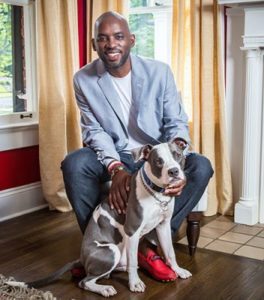 |
Dr. Philip McAdoo (he/him) – Senior Advisor to the Inclusive Coasts Initiative and Vice President of Diversity, Equity, and Inclusion at Earthjustice As a first-generation college-educated Black man, equity in grantmaking is personal for me. I have benefited from the access and opportunities afforded to me through grants. Too often, Black and under-resourced communities and individuals are limited in what they need to live their full potential. I am so honored to support RAE in this critical and transformative work. |
 |
Briana Yancy (she/her) – Restore America’s Estuaries Inclusive Coasts Initiative Fellow We are in a critical time where climate change is altering coastal communities at a rapid rate. It is vital for coastal conservation funders and project implementors to apply concepts of diversity, equity, inclusion, and justice because saving lives and cultural heritage goes hand in hand with protecting natural ecosystems |
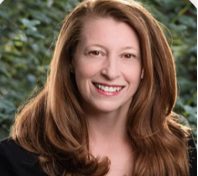 |
Candice Abinanti (she/her) – National Association of Conservation Districts (NACD) NACD manages three grant programs, which have collectively provided nearly $55 million in grant funding to conservation districts across the nation over the past six years. These grants help conservation districts in rural, urban, and coastal areas conserve soil and water in their communities, improving watersheds and downstream coastal resources. One water connects us all. By helping to make coastal conservation grant funding more accessible to project implementors, and encouraging projects to be equitable and inclusive, we help to ensure the health of our coastal natural resources for the diverse groups that depend on them, today and tomorrow. |
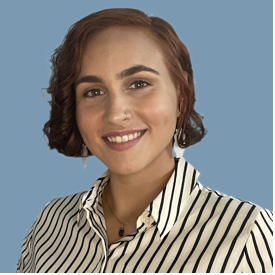 |
Paula Garcia Almodóvar (she/her) – University of Puerto Rico Making grants equitable and inclusive is important to me because I believe that philanthropy has a vital role in distributing wealth towards Black, Indigenous, and People of Color. As a Latina woman and a Puerto Rican, I know that wealth exists in an oppressive system, and equitable philanthropy can be a tool for reparations for historical damage. I hope equitable grantmaking becomes a standard amongst the philanthropic community and that more broad and creative participatory mechanisms are explored and incorporated. |
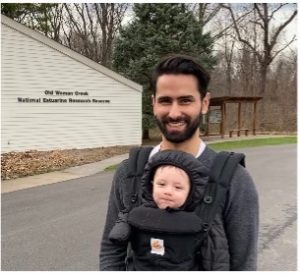 |
Sebastian Mejia (he/him) – Old Woman Creek National Estuarine Research Reserve, Ohio Department of Natural Resources
Equitable resource allocation raises the standard of living for everyone and benefits those who are most in need. However, there are many well-known barriers to equitable and inclusive grantmaking. My hope is that this diverse group can help identify effective solutions to current grant processing barriers so that funding will prioritize community impact, leadership, development, and place-based programming. |
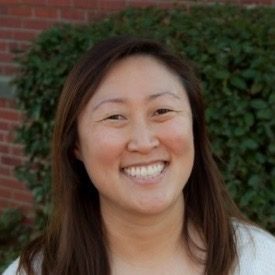 |
Susan Park (she/her) – Coastal & Estuarine Research Federation (CERF) If you consider the populations of coastal communities, the diversity of those communities is not reflected in the coastal and estuarine science workforce and those that receive grants in this area. We need our workforce to reflect those in these communities. Diversity is well-documented to increase innovation and this is needed now more than ever given the needs around resilience and restoration of coastal and estuarine systems. It is also well-documented that geosciences–including marine sciences–are among the least diverse STEM fields. |
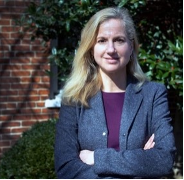 |
Sylvia Troost (she/her) – The Pew Charitable Trusts We are in an amazing period right now of collective learning, reflection and commitment to redressing past practices that excluded communities and perpetuated discrimination. My hope for equitable grantmaking is that environmental funders take real, practical steps towards bringing inclusivity to grantmaking goals, portfolios and administration. I think this would entail more listening, bringing new and diverse voices into strategic planning processes that drive funding goals, co-developing grant portfolios and reforming administrative barriers (e.g., grant application requirements) that preclude equitable and inclusive grantmaking. |
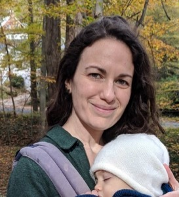 |
Liz Tully (she/her) – Wildlife Conservation Society “Making grants more equitable and inclusive is important to me because the conservation field needs all experts on deck, all value systems at play and its success needs to serve a diverse suite of ecological and social goals and people. Without equity and inclusion considerations, conservation solutions will be less sustainable and less effective. Everyone needs a healthy biosphere and climate and a healthy biosphere and climate needs everyone. There is no single community or demographic with the right or the capacity to pursue that in a siloed manner.” |
Going forward, members of the working group will help set the broad design for the workshops and work with RAE to inform workshop content and help promote the program.
To find out more and stay tuned for the announcement for the first workshop check out our Inclusive Coasts Initiative webpage.
